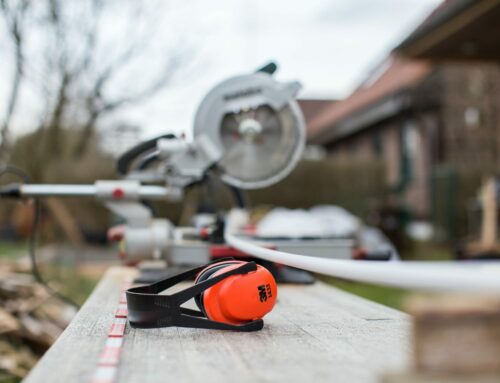Building a new home is a huge investment of both time and money. The last thing you want is for a contracted home construction team to fail to return on the promise of that investment. At Annadel Builders Inc., our goal is provide our clients with finely crafted homes that stand the test of time with both elegance and innovation. Take a look at some steps you can take to avoid costly and unnecessary mistakes when building your new home, straight from our team of Marin fine home builders.
- Contracting a builder without a budgeted construction plan – Because construction plans can cost thousands to complete, and even more to alter, you want to make sure you get it right the first time. Talk with a builder whose style of homes appeals to you. Discuss the home you are envisioning, then ask for a quote. Allow for flexibility with the initial estimate, and use the highest price-per-square-footage estimate to determine your square footage range. Simply take your total budget and subtract the cost of the plot where you wish to build, then divide by the highest quoted price-per-square-footage. The result will be the highest living area square footage within your budget. What is the difference between living area square footage and total square footage? The total square footage includes the entire foot print of a home—including garages, porches, patios, and any other area under the main roof. Be careful to not confuse the two terms, as the price per total square footage will be significantly lower than the price of the living area square footage.
- Purchasing land without being aware of local ordinances, clearing costs, flood zones, and restrictions – Avoid costly and time sucking surprises by thoroughly vetting a plot before you purchase and definitely before you begin to build. Obtain a Proposed Elevation Certificate (PCE) from a licensed surveyor prior to purchasing land you suspect to be at a higher risk for flooding. If you’re looking at a lot in a subdivision, carefully review building restrictions, especially restrictions that pertain to style of home, required amenities for the home’s exterior, or annual home owner association fees. Verify that power, water, gas lines, and a sewage system are on the property, and if not how much it will cost to have them installed. If purchasing undeveloped land, make sure you have a clear idea of how much clearing of trees, debris, and dirt will be required before construction can begin.
- Failure to review contracts carefully – A good contractor will provide you with a detailed agreement outlining the project’s particulars and schedule. Although you may be tempted to skim, make sure you read the contract thoroughly so that you know exactly who is legally responsible for what. For instance, does the contract list you as legally responsible for supplier and subcontractor payments if left unpaid by the contractor? To prevent this, make sure you include a clause in your contract that requires a lien waiver be collected from each vendor and subcontractor for every payment made, as well as delivery date and cost projections. If handling these details lies outside your comfort zone, consider the possibility of hiring legal counsel to review.
- Skipping a home inspection – Last minute changes are an expensive hassle that no new homeowner wants to deal with, so be sure you schedule an inspection from a licensed third-party. Make sure that all problematic features of the home have been fully resolved before you move in.




